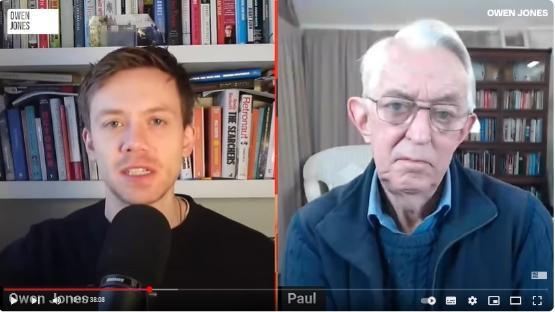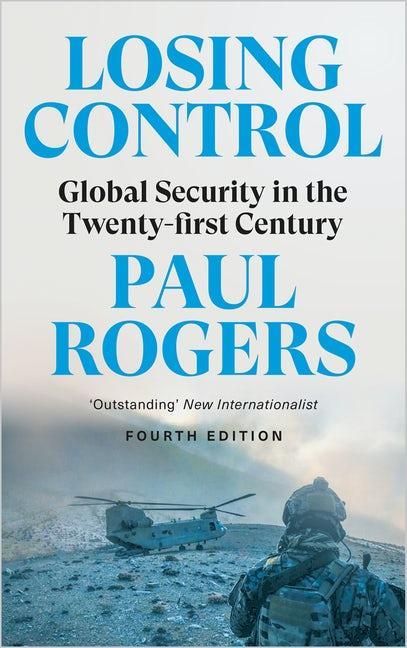Gaza bombing ‘equivalent to six Hiroshimas’ says Bradford world affairs expert
Respected international affairs expert Emeritus Professor Paul Rogers from the University of Bradford says Israeli bombing of Gaza is 'equivalent to six Hiroshimas' during this latest interview with broadcaster and activist Owen Jones.

In his latest podcast with journalist and political activist Owen Jones, University of Bradford Emeritus Professor Paul Rogers says the bombing in Gaza is worse than the Allied carpet bombing of Dresden, Germany during the Second World War.
Professor Rogers, author of the best-selling Losing Control (Pluto Press) and most recently Monstrous Anger of the Guns (Pluto Press) and The Insecurity Trap (Hawthorn Press), cites a Scientists for Global Security report that uses official statistics to estimate the tonnage of bombs dropped on Gaza.
In the interview – which has already gained 38,000 views on YouTube – Professor Rogers describes the level of destruction in Gaza as “unparalleled in the post Second World War World era.”
He goes on: “If you look at the total tonnage of weapons dropped, mainly bombs but missiles and tens of thousands of artillery shells, you get a total of something like 70,000 tonnes of explosives.
“Back in the Cold War days, we used to say a kilotonne is equivalent to a thousand tonnes of TNT. We are now using explosives that are much more powerful than TNT. But if we do use that figure – 70 kilotonnes of weapons dropped across Gaza – Hiroshima was about 12 kilotonnes, so we are talking about the equivalent of six Hiroshimas... but because these bombs drop individually, they are spread much more, so you get an extraordinary level of devastation. It’s certainly more than Dresden, certainly more than the other 2,000 bomber raids in the Second World War.
“This is about as bad as it [gets] outside the Second World War. Very few people realise just how intense this has been, and how continual. We’ve not seen much of it on the television here, compared to channels in the Middle East, which means right across the Arab world, the degree of anger – and, I have to say, hatred - of what is happening, is palpable."

